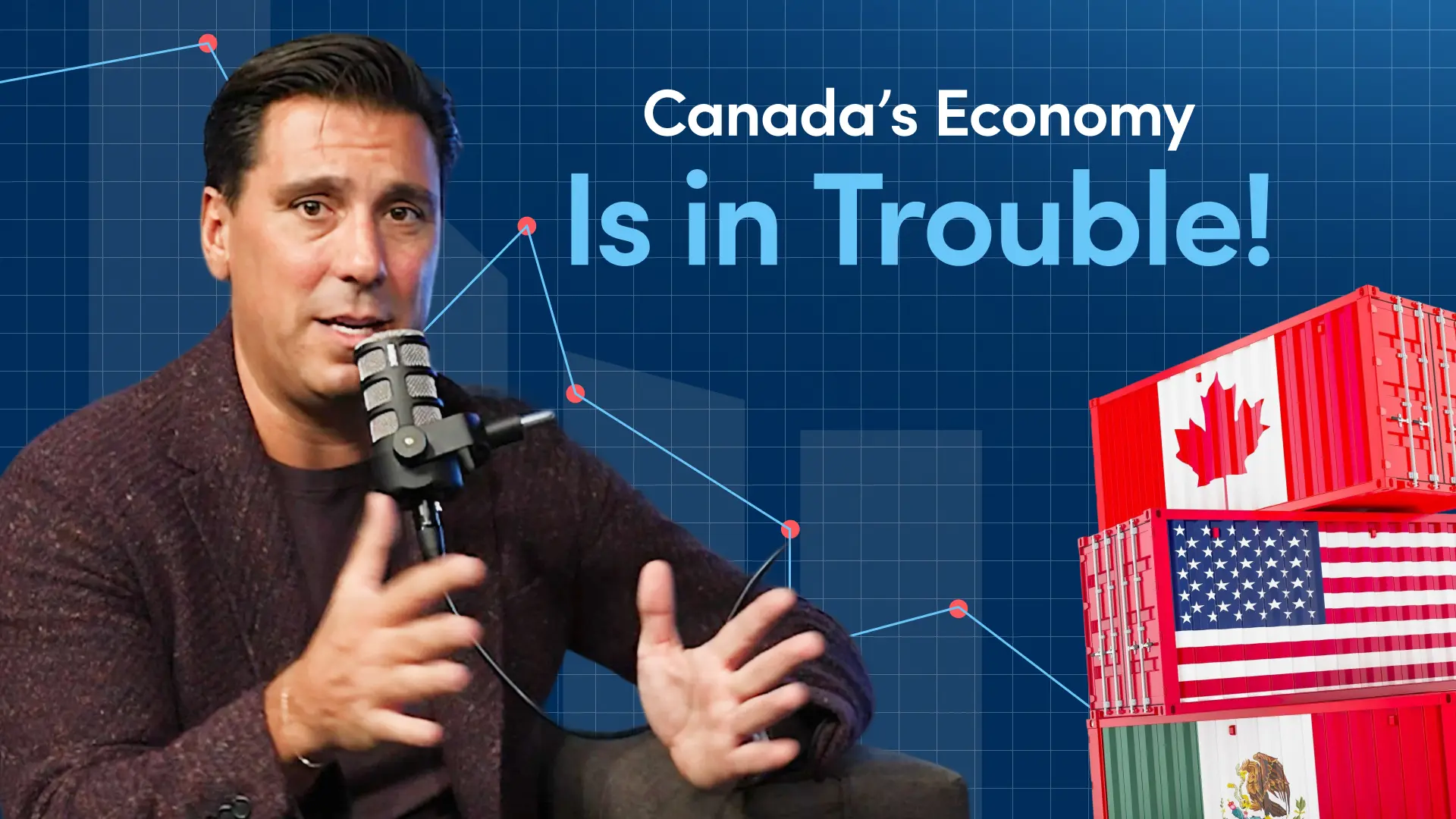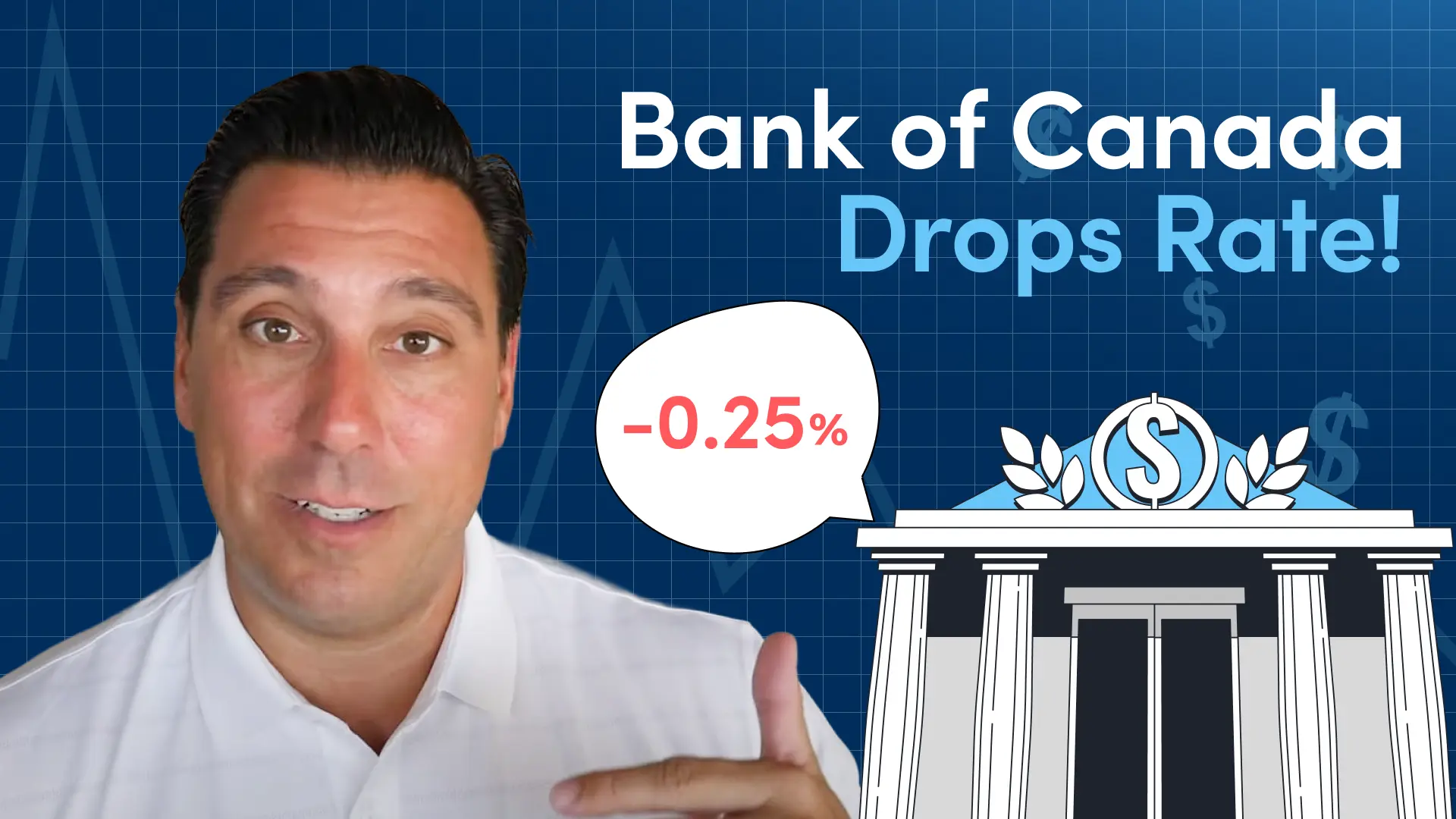Welcome to the latest episode of Make Money Count! In this episode, Marcus & Justin discuss the complex relationship between U.S. tariff policies, inflation, and the broader economy. As global markets react to these economic changes, understanding their impact on everyday expenses, mortgage rates, and long-term investments becomes important.
Inflation and Tariffs: A Global Game of Chicken
The rhetoric surrounding trade wars has escalated, particularly with proposals for new tariffs on various goods. While such strategies might offer short-term political gains by rallying domestic support, they pose significant economic risks. Imposing tariffs on raw materials like steel and aluminum disrupts established trade patterns, especially impacting interconnected economies like Canada and the United States. For instance, Canadian aluminum frequently crosses the border multiple times during manufacturing, creating complex supply chains and impacting diverse sectors from automotive to healthcare. These tariffs can lead to higher costs for businesses and consumers, potentially hindering economic growth.
The Auto Industry as a Case Study
The automotive industry vividly illustrates the real-world impact of trade tensions. Cars manufactured in North America often cross the U.S.-Canada border multiple times during the assembly process. Tariffs imposed on essential materials like steel and aluminum increase costs at each stage of production, ultimately leading to higher prices for consumers. Faced with these rising production costs, automakers may be forced to pass them along the supply chain, potentially impacting jobs within the industry and reducing overall consumer spending. This example highlights how trade disputes can disrupt complex manufacturing processes and harm both businesses and consumers.
The Impact of U.S. Inflation on Canadian Real Estate
Inflation and trade wars aren’t abstract economic concepts—they directly impact interest rates and, consequently, the Canadian mortgage market. Rising inflation often prompts central banks, like the Bank of Canada, to adjust interest rates, which directly influences both variable and fixed mortgage rates. For Canadians considering purchasing a home or refinancing their existing mortgage, understanding these economic trends is crucial for making informed financial decisions.
At Cannect, we closely monitor these market developments to empower our clients to navigate their mortgage options effectively. We provide access to some of Canada’s most competitive mortgage rates and offer expert insights to ensure our clients make well-informed choices about their home financing.
Looking Ahead: Smart Strategies for Toronto’s Market
As tariffs and inflation pressures mount, Toronto’s housing market needs proactive measures. But will policymakers act in time to protect affordability?
Want to learn more about how these factors could impact your mortgage or investment decisions? Tune into the full episode of Make Money Count and stay informed with Cannect.
Get a free consultation with Cannect—let us help you navigate your mortgage and investment options with confidence!
Don’t forget to subscribe and follow us on our social media channels for more updates!












